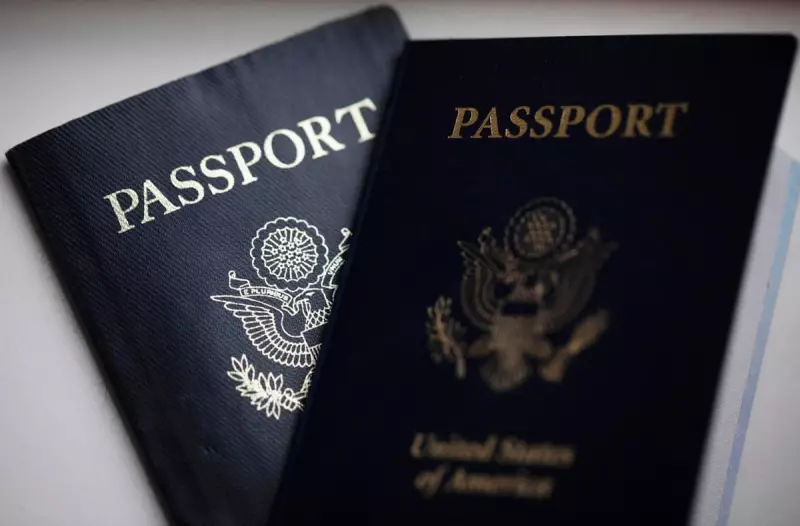
In a landmark ruling with profound implications for gender recognition, the United States Supreme Court has delivered a decisive blow to a federal policy permitting citizens to use an 'X' gender marker on their passports.
The contentious 6-3 decision effectively reinstates a binary system of 'male' or 'female', overturning a key initiative introduced during the Biden administration that aimed to better reflect the identities of transgender, non-binary, and intersex Americans.
A Deeply Divided Bench
The court's conservative majority argued that the State Department had overstepped its authority, asserting that such a significant change in policy required explicit congressional approval rather than agency interpretation. The ruling emphasised a strict, textualist reading of existing federal law.
In a powerful dissenting opinion, the liberal justices condemned the decision as a rejection of modern understanding of gender identity, warning that it effectively erases non-binary citizens from official documentation and undermines their dignity and equal participation in public life.
Immediate Fallout and Reactions
The judgment triggers immediate legal and administrative consequences. The State Department must now cease issuing passports with the 'X' marker and is widely expected to invalidate those already in circulation, throwing the travel plans of thousands into jeopardy.
LGBTQ+ advocacy groups have decried the ruling as a devastating setback. "This is a cruel and unnecessary decision that denies the very existence of a segment of our population," stated a spokesperson for The National Center for Transgender Equality.
Conversely, social conservative groups have hailed the verdict as a victory for legal clarity and biological reality. "The court has correctly affirmed that policy of this magnitude must be made by the people's elected representatives, not unelected bureaucrats," a representative from the Alliance Defending Freedom said.
Broader Implications and Next Steps
This Supreme Court decision is seen as a critical indicator of the court's stance on LGBTQ+ rights under its current conservative supermajority. Legal experts suggest it could embolden challenges to other federal recognition policies concerning gender identity.
The ruling places the issue squarely in the lap of a deeply divided Congress, where any legislative effort to formally establish a third gender option would face a fierce political battle, making near-term action highly unlikely.
For now, the United States joins a minority of nations stepping back from the global trend towards more inclusive gender options on official documents, a move that will undoubtedly draw international criticism and impact its citizens abroad.





